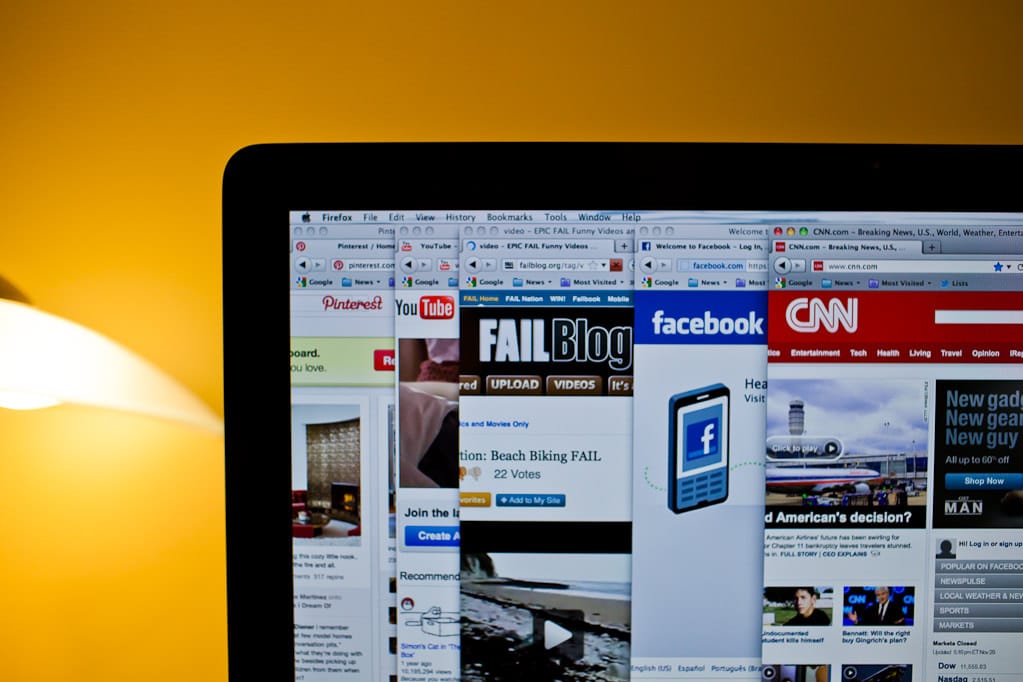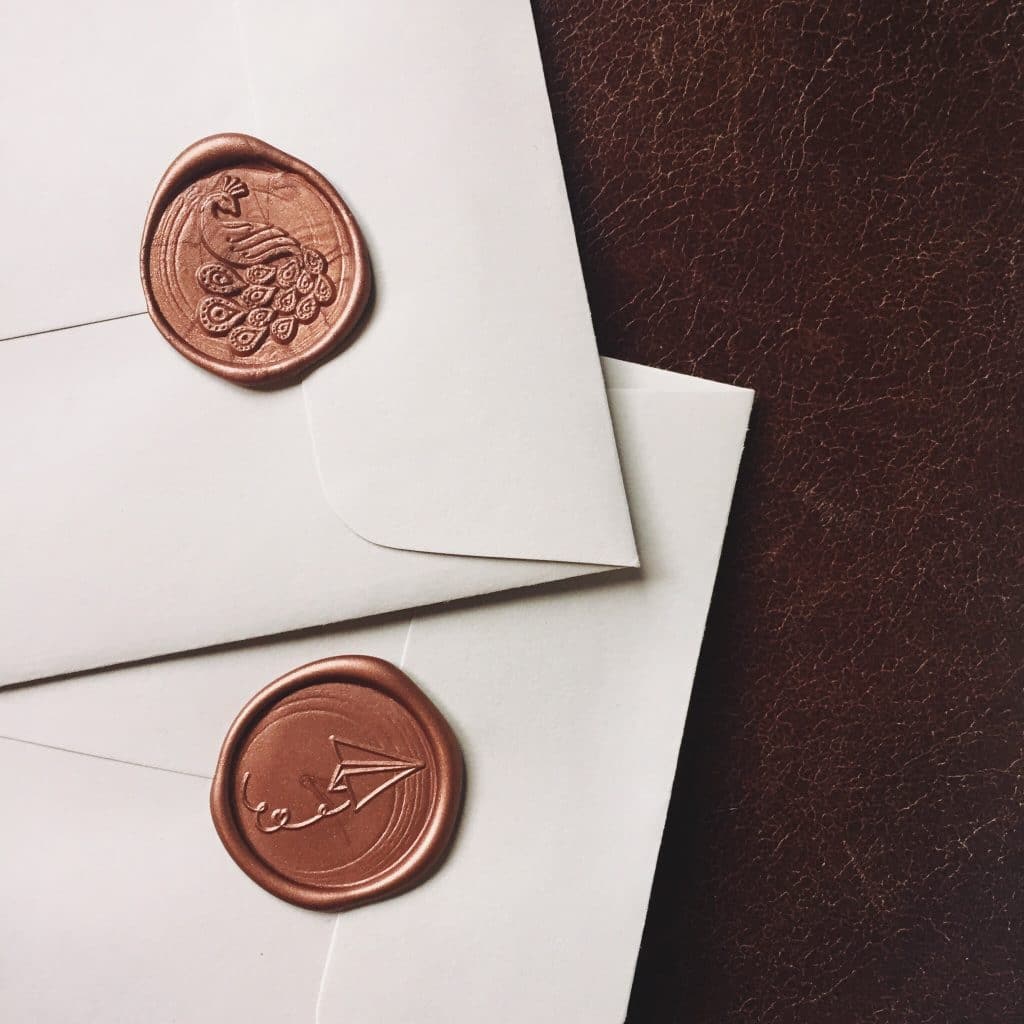The Blog Library
The Non-Procrastinating Guide To Taking Productive Breaks

Tell me if this sounds familiar:
You decide that once and for all, you’re going to finish that thing you’ve been putting off. And darnit, you’re not going to leave that chair until it’s done.
You open Photoshop/Lightroom/Word/Email, and after staring blankly at the screen for a moment, you start. For about twenty minutes, everything is awesome. You’re finally working! Why didn’t you start sooner? You knew you could do it! You’re the productivity ninja of the world!
And then. As you work away, your eyes start to drift, and something randomly reminds you of your friend Jerry. Good old Jerry. Whatever happened to him, anyway? Without thinking, you click over to Facebook to check. Ohh look, another friend just posted a tasty-looking recipe for rhubarb pie. Rhubarb – what a weird plant, isn’t some part of it poisonous or something? I should look that up. Wikipedia is my best friend. Hmm, I don’t even know if I like rhubarb…..
And just like that, you’ve gone from productivity ninja of the world to perusing the Wikipedia page about rhubarb.
At some point you come to your senses and realize that you’re no longer Photoshopping/Lightrooming/Writing/Emailing, and you put your face in your hands. Shame and self-annoyance descend upon you. Gah! I have no discipline! I’m never going to finish this! I’m such a procrastinator! I’m not cut out for business!
You are not alone.
In fact, believe it or not, your brain is doing exactly what it should be doing.
Huh?
Consider: As you’re sitting around your house, you lose awareness of the commonplace things around you. Stuff like the whirr of your computer, the tumble of laundry in the dryer, or even how your clothes feel against your skin. Constant sensory stimulation is eventually registered as unimportant by the brain. These sounds and sensations are continuous, so they fade out of awareness. This is called ‘habituation’ – when you become so used to something that you don’t think about it anymore. And habituation is necessary – otherwise you’d be registering so many different sights and sounds at the same time that you couldn’t get anything done!
The same thing can happen when you try and focus on something for an extended period of time. You become so used to whatever you’re paying attention to that you actually habituate to it. It can fade from awareness and your mind naturally turns its attention to other things. You are still paying attention to something, just not the thing you wanted to when you sat down.

Brief diversions from a task vastly improve your ability to focus.
The operative word there is brief. Sorry, hourlong Pinterest binges with snatches of work in between will not help you be more productive. But when you find your mind wandering, it may not actually be the best thing to always force yourself back on task. When we don’t take breaks, we will find that we ‘accidentally’ take them anyway. Briefly and intentionally taking your focus off of something before returning to the task can help you power through those long work hours.
Unfortunately, the wonderful world of the Internet allows us to be so hyperconnected that one brief pop over to your website of choice can easily consume your attention for a long time. But if you plan your breaks (and what you’ll do during them) before you start, you will find it easier to stay on task.
Try setting a timer for 30-50 minutes and work, then pause for a few minutes and focus on something else. Skim a page of a useful book. Fold some laundry. Map out the rest of your work day. Read the darn rhubarb pie recipe. Then come back.
If you want to check a distraction-rich social media site, consider using a tool like LeechBlock or StayFocusd to limit your time on the site. Or use that timer again. You might also use RescueTime to track what times of day your mind is most likely to wander, and be particularly vigilant about break-taking during those periods.
Stop feeling guilty that you are not able to marathon it, uninterrupted, for hours at a time.
That’s not how we work. Not all breaks are procrastination, they can be a downright responsible work habit. If you expect that you’ll concentrate for 6 hours straight, you’ll only end up feeling discouraged and disappointed in yourself. No need. Set yourself up for success, plan brief breaks, and get it done.
P.S. In case you were wondering – according to Wikipedia, rhubarb leaves are indeed toxic. And apparently, if you cook them in soda, they become even more toxic. I suspect that whoever discovered that was more of a procrastinator than I am.
—

Are you procrastinating writing blog posts, or sales pages, or website words….over and over?
This should help. You’ll learn to get that thing done in 20 mins or less.




I’m reading about procrastination as I procrastinate. I think I’m trapped in some sort of infinity loop. Also, good to know about rhubarb. I hope the person who discovered the toxic part did not find out the hard way… perhaps I should look up the first person to die from rhubarb.
LOL, let me know if you find out who that was. Wait, no, don’t do it!! Back to work!! 😉
Good idea…procrastinating by reading FB right now. Doh. I will try this. 🙂 Great article! And I’m glad I don’t like rhubarb! 😉
Haha. FB totally enables my procrastination, but since I work for myself, some days it’s the only real contact I have to the outside world 😛 I just have to limit it! Anyway, have fun trying, hope it works for you!!
How did you get inside my head???? This is me, me, me! I don’t usually feel guilty about taking a break. It’s when I’m on hour three of playing Alchemy and haven’t returned to my work that the guilt and shame set in. Thanks for some great tips!
Ha, I know what you mean. Hope the tips are useful! 🙂
Your post gave me a lot of hope. I have so much guilt with my procrastination issues, and it makes it hard to focus. I have been reading Procrastination Essays where other people detail their experiences with this issue, and I have found a lot of strength. Thank you.
Hi Jenika! I know this post is already super old, but I would just like to say how much I enjoyed it. I’m putting in some work on my blog which I’ve only just started (phmillennia.com). Unfortunately, writing is honestly not that easy, especially if you’ve been procrastinating all your life. I’m trying to get a grip on my procrastinative behavior, and so I’m browsing online for helpful guides and articles. Yours is not only amazing and witty, it’s also really helpful. Thank you so much.
Thank you for taking time out of your day to share a bit about your journey & for the kind words! I hope you take this tool and run with it!